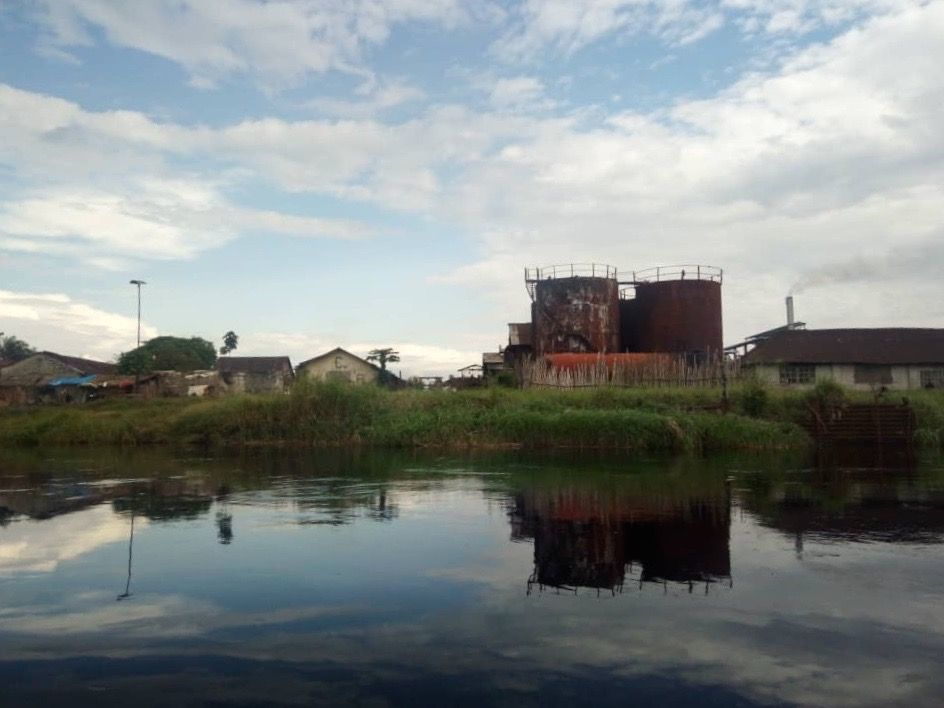In the Democratic Republic of Congo, land grabbing remains one of the main causes of land conflicts both within communities themselves and between communities and the industries that exploit them. These latent conflicts often end up escalating. In the Dwali sector, in the Ingende Territory in the Equateur Province, nearly 17 villages are in serious contention with private agricultural company PHC Boteka (Plantation des Huileries du Congo). If some of these villages retain what little remains of their ancestral land, others are left helplessly witnessing the almost total disappearance of their ancestral heritage because of the expansion of the PHC Boteka plantation along the Ruki River.
After several land-related conflicts, the company had resolved to offer work to the inhabitants of these different villages. A few years later, precariousness and malnutrition took up residence in these villages. Threatened by food insecurity as a result of the lack of land, the communities no longer know to which saint to pray. We decided to dive into the heart of the scandal of a multinational company that imposed its laws to the detriment of collective well-being, under the discreet gaze of the country's authorities.
En République démocratique du Congo, l’accaparement des terres reste l’une des causes de conflits fonciers entre les communautés elles-mêmes et parfois entre les communautés et les industriels qui y exploitent. Ces conflits latents finissent souvent par dégénérer. Dans le secteur de Dwali, Territoire d’Ingende dans la province de l’Equateur, près de 17 villages sont sérieusement en conflit qui les opposent à l’entreprise PHC Boteka (Plantation des Huileries du Congo). Si certains d’entre ces villages gardent encore le peu de leurs terres ancestrales, d’autres par ailleurs, assistent impuissamment à la disparition quasi-totale de leur héritage à cause de l’expansion de ladite plantation installée le long de la Rivière Ruki.
Après plusieurs conflits fonciers, l’entreprise avait résolu de donner du travail aux habitants de ces différents villages. Quelques années après, la précarité et la malnutrition ont élu domicile dans ces villages. Menacées par l’insécurité alimentaire à la suite du manque des terres, les communautés ne savent plus à quel saint se vouer. Nous avons résolu de plonger au cœur du scandale d’un multinational qui a imposé ses lois au détriment d’un bien-être collectif, sous un regard discret des autorités du pays.
Read the full story in French on the EnviroNews website.
